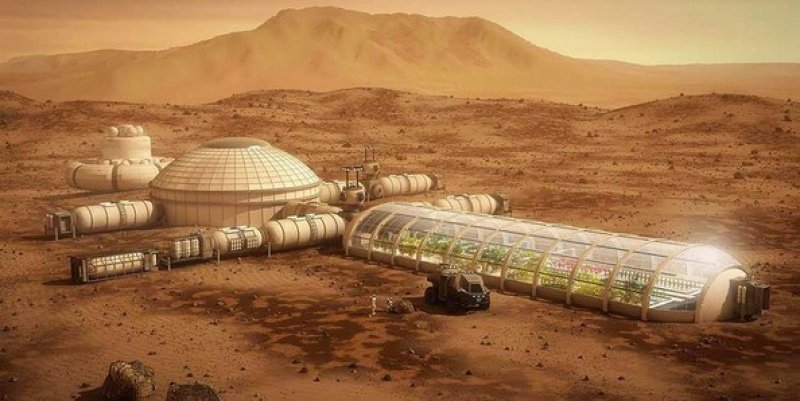To that end, scientists are banking on bacteria for life support.
The idea is that Mars-bound astronauts would bring with them a small batch of microorganisms — some genetically modified, others not — that can synthesize the building blocks for a range of products, including construction materials, textiles, biofuels, and pharmaceuticals. Once situated on terra firma, Red Planet pioneers would then grow their microscopic flock into a bustling farm.
“Instead of having a sheep making wool, you engineer a yeast or a Bacillus subtilis to make the products,” says Lynn Rothschild, an astrobiologist at NASA Ames Research Center, who spearheads its work on synthetic biology….
…
In addition to photosynthesizing, some cyanobacteria, like those in the genus Anabaena, can also fix nitrogen, and the byproducts from that process could potentially be used to fertilize the hydroponic plants that humans would likely rely on for food, says [Daniela Billi, an astrobiologist and botanist at the University of Rome Tor Vergata].
The GLP aggregated and excerpted this blog/article to reflect the diversity of news, opinion, and analysis. Read full, original post: To Survive on Mars, BYO Bacteria































